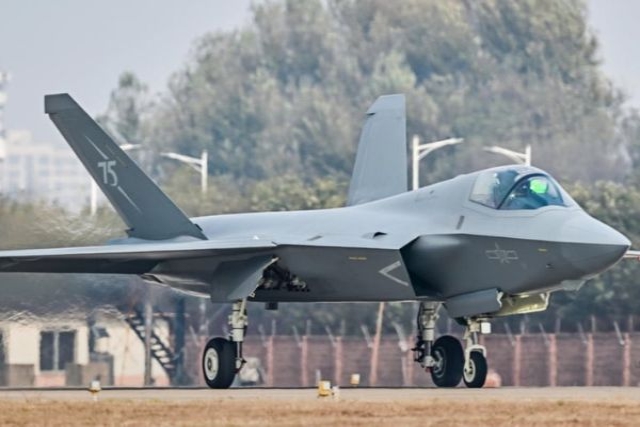India May Allow Offsets in Non-Defense Areas Under Proposed Defense Policy

India is likely to allow defense offsets obligations to be fulfilled in non-defence areas under the new defense procurement procedure (DPP) expected to be released in mid-October.
There is speculation amongst non-governmental sectors that a draft Defense Procurement Procedure (DPP) circulating in the ministry of defense (MoD) for examinations.
However, there is immense consternation about how the ‘Make in India’ mantra is going to be incorporated in the DPP.
Most veterans of the defense-industrial sector believe that all the six categories of manufacturing and procuring defense material have an element of ‘Make in India’ in the DPP, how this should be provisioned is being awaited eagerly.
Amit Cowshish, a former additional secretary looking after procurement, is one of those skeptics.
According to him the 2006 DPP had incorporated the ‘Make’ category that had provisions like 80 per cent of the total design and development cost of indigenous item to be borne by the company. The rest 20 per cent was to be spent by the private manufacturer.
But despite this generous offer by the government, the Indian private sector majors did not come forward because there was an element of competition. The provision had stated that the ministry will choose two corporates for undergoing the design and development process and choose to procure developed item from one of them based on laid down criterion.
Apparently, this kind of competition was a dampener because the big private sector corporate stayed away. Will this provision go now?
Retired Commodore Anil Jai Singh, now working with the private sector says, “There will be a technology development fund worth Rs 100 crores for the medium and small scale enterprises.”
On defense offsets, both Cowshish and Singh believe that the government will allow the offset obligations will be allowed to be met by developing infrastructure projects defense areas, besides bringing in second hand equipment etc. These have already been added to the 2012 defense offsets guideline, and will now be allowed in even in non-defense areas, thus called ‘indirect defense offsets.’
Singh also talks about “Rationalization of taxation and duties to create a more level playing field between the private players and the DPSUs.”










